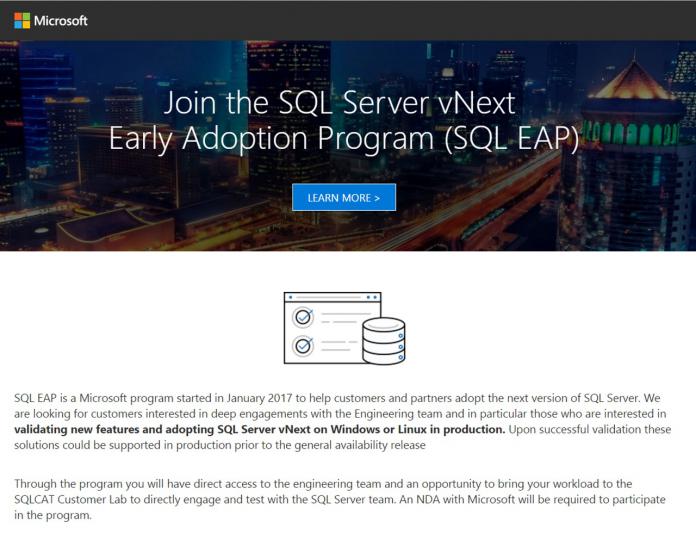Microsoft has announced the first public preview for SQL Server vNext Replication Management Pack is available. As is usually the case with previews, that company is using this phase to run the pack through testing. With that in mind, customers are encouraged to send Microsoft feedback on any problems they encounter.
The public preview is available for download now. Microsoft says the SQL Server vNext Replication Management Pack is a ground up build. It was created to brings several monitoring capabilities to SQL Serve vNext.
Among the pack’s capabilities are performance, configuration, and availability monitoring. Events and performance data can also be collected and analysed. To help customers use the features, Microsoft has provided knowledge base articles.
The company says the pack also feature the following abilities beyond monitoring:
“this management pack includes dashboards, diagram views, state views, performance views and alert views that enable near real-time diagnostics and remediation of detected issues.”
There is little hands on for customers as the management pack automatically select monitoring types. The service can find and monitor the following replication objects:
- Distributor
- Publisher
- Subscriber
- Publication
- Subscription
Some other features have also been added in this update. For example, SQL Server vNext now supports agentless monitoring. This allows defined targets in the Monitoring Pool. Additionally, Microsoft has discontinued scripts and is now using .NET Framework modules exclusively.
SQL Server Dynamic Management Views and Functions can now compile information on health and performance. Before this release, these monitors used WMI and other resources.
Early Adoption Program
Back in January opened the Early Adoption Program for SQL Server vNext. The program creates paths to validate new features such as High Availability (HA) on Linux and Adaptive Query Processing.
Microsoft has invited partners who want to build SI (system integration) offerings and ISV (independent software vendor) applications join the Early Adoption Program (EAP). Upon successful validation, these applications and solutions could be supported in production, prior to the general availability release.





